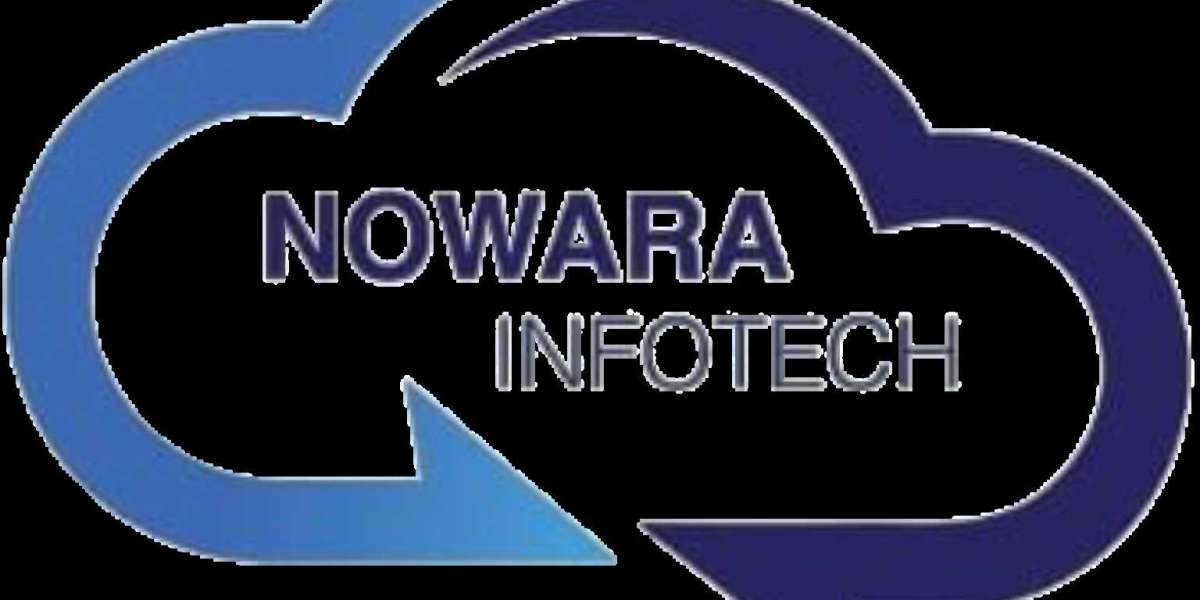In the fast-evolving landscape of the food and beverage (FB) industry, staying competitive is crucial. With increasing demands for product innovation, regulatory compliance, and operational efficiency, the need for robust management solutions has never been more critical. Enter ERP (Enterprise Resource Planning) systems—powerful software solutions designed to integrate and automate various business processes within an organization. As the FB industry continues to grow, ERP systems are becoming essential tools for companies to meet both consumer expectations and operational challenges.
The future of ERP for food and beverage industry is driven by emerging trends in technology, sustainability, and market demands. Let’s explore the key trends shaping the future of ERP for FB companies.
1. Cloud-Based ERP Solutions
Cloud technology is transforming ERP systems across industries, and the food and beverage sector is no exception. Cloud-based ERP solutions offer flexibility, scalability, and cost-efficiency, making them attractive for businesses of all sizes. Traditional on-premise ERP systems often require significant capital investment and maintenance, while cloud ERP reduces upfront costs and provides real-time access to data from any location.
For food and beverage businesses, cloud ERP systems enable greater agility. They facilitate better collaboration between departments, suppliers, and distributors by centralizing information in one place. This improves decision-making, reduces errors, and allows businesses to respond quickly to changes in the supply chain, customer preferences, or regulatory requirements. With more companies adopting remote or hybrid work models, cloud ERP ensures seamless operations, even with a distributed workforce.
2. AI and Machine Learning Integration
Artificial Intelligence (AI) and machine learning are becoming integral components of ERP systems, helping FB companies to make data-driven decisions and optimize operations. These technologies enable predictive analytics, allowing businesses to forecast demand, identify trends, and manage inventory more effectively.
For example, AI can help predict supply chain disruptions by analyzing external factors such as weather conditions, economic trends, or geopolitical events. In addition, machine learning algorithms can identify patterns in customer behavior, enabling companies to tailor their product offerings and marketing strategies. This not only improves operational efficiency but also enhances customer satisfaction by ensuring the right products are available at the right time.
AI-powered ERP systems can also help with quality control and regulatory compliance. By continuously monitoring production processes, these systems can detect anomalies early on, reducing the risk of product recalls or regulatory violations.
3. Enhanced Traceability and Food Safety
Food safety and traceability have always been top priorities for the FB industry, and ERP systems play a critical role in ensuring compliance with regulatory standards. With the increasing complexity of global supply chains, consumers and regulators are demanding more transparency. ERP solutions are evolving to provide enhanced traceability, enabling companies to track raw materials from farm to fork.
Modern ERP systems offer real-time tracking and traceability features that allow businesses to monitor the movement of products throughout the supply chain. This is crucial for ensuring that food safety standards are met, particularly in the event of a recall. With blockchain integration, some ERP systems now provide immutable records of product origins, ensuring greater accountability and trust among consumers.
The future of ERP in the FB industry will see more advanced tracking technologies, such as IoT (Internet of Things) sensors, which will provide real-time data on product conditions like temperature, humidity, and shelf life. This will further enhance food safety and reduce waste.
4. Sustainability and Waste Reduction
Sustainability is a growing concern for both consumers and businesses in the food and beverage industry. As companies seek to reduce their environmental footprint, ERP systems are being leveraged to track and manage resources more efficiently. From minimizing food waste to optimizing energy usage, ERP solutions help companies align their operations with sustainability goals.
For instance, ERP systems can track energy consumption during the production process and highlight areas where energy savings can be made. They can also monitor waste production and help businesses implement more efficient waste management strategies. As sustainability regulations become stricter, ERP systems will be crucial in helping FB companies comply with these rules while maintaining profitability.
5. Personalization and Consumer Experience
Consumer expectations are shifting towards personalized experiences, even in the food and beverage industry. With ERP systems, FB companies can better understand customer preferences through data analytics and deliver more personalized products and services. For instance, ERP systems can track purchase histories and customer feedback to identify trends and preferences, enabling companies to develop products that resonate with their target market.
Additionally, ERP systems can integrate with CRM (Customer Relationship Management) software to provide a unified view of customer interactions. This enables businesses to create more personalized marketing campaigns and improve customer engagement.
Conclusion
The future of ERP for food and beverage industry is bright, with emerging trends like cloud technology, AI integration, enhanced traceability, sustainability, and personalization leading the way. As consumer demands evolve and regulations become more stringent, ERP systems will play an even greater role in helping FB companies stay competitive, compliant, and efficient.
By embracing these trends, food and beverage companies can not only improve their operational efficiency but also meet the growing demand for transparency, sustainability, and personalized experiences. The integration of cutting-edge technologies into ERP systems will continue to shape the future of the FB industry, ensuring that businesses remain agile and responsive to market changes.








